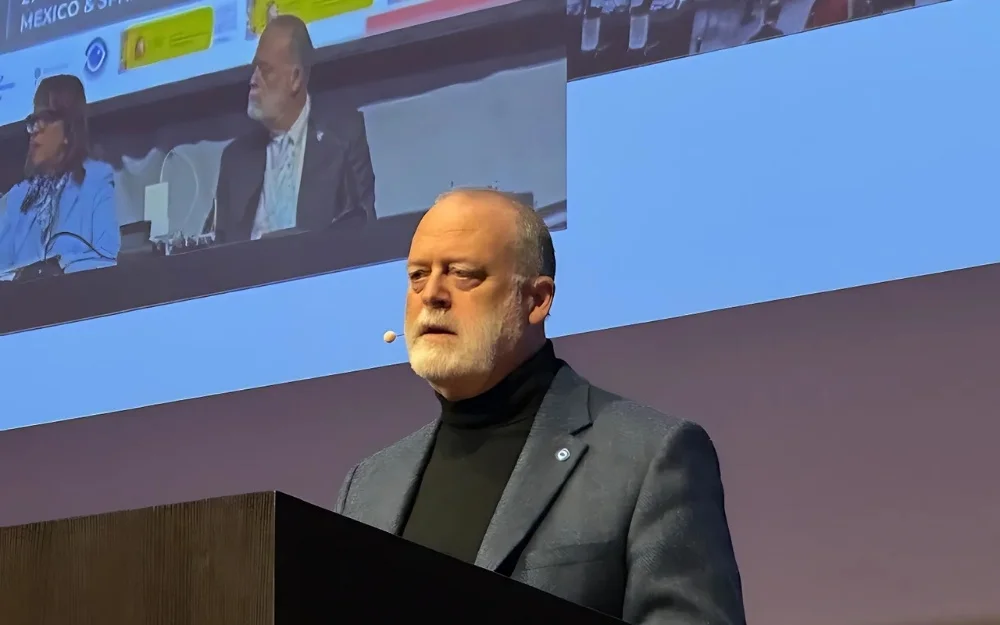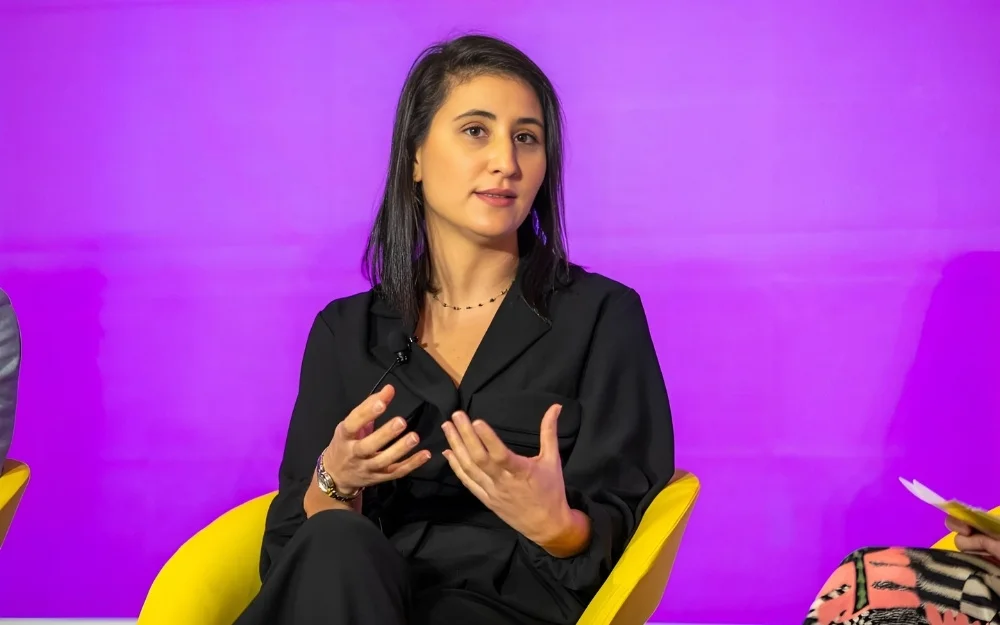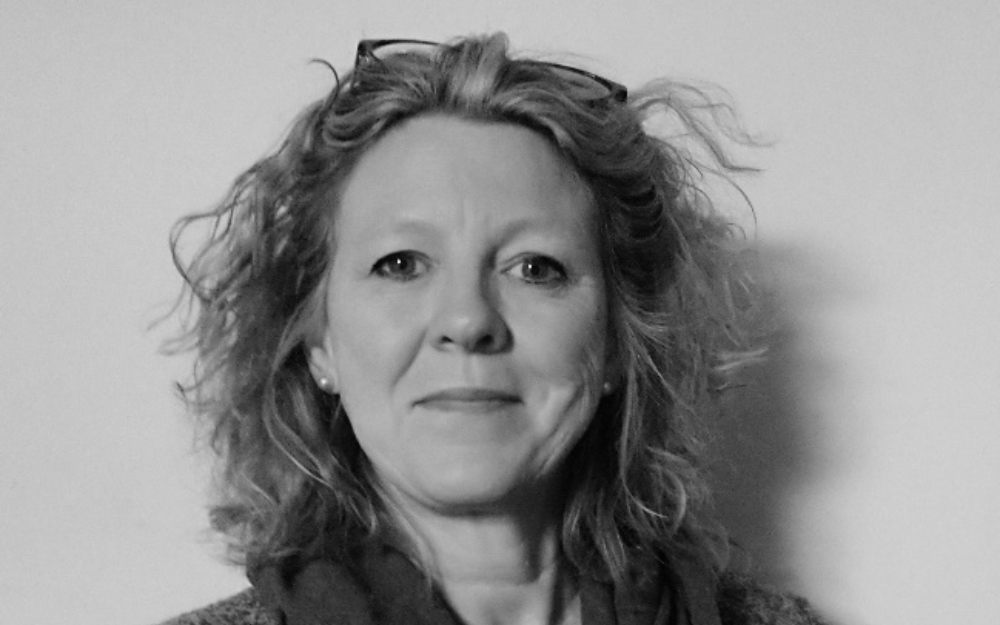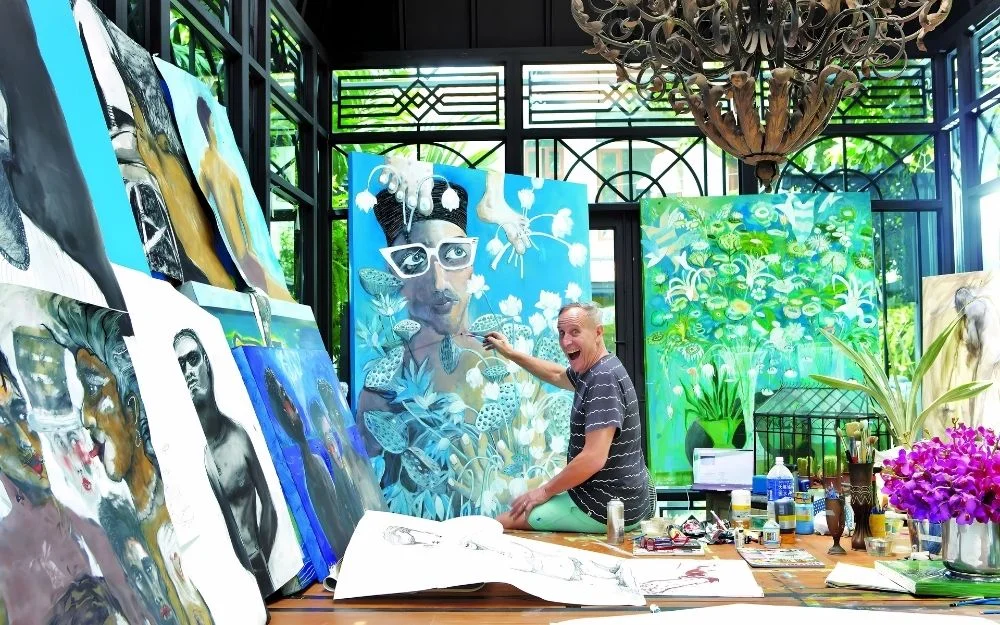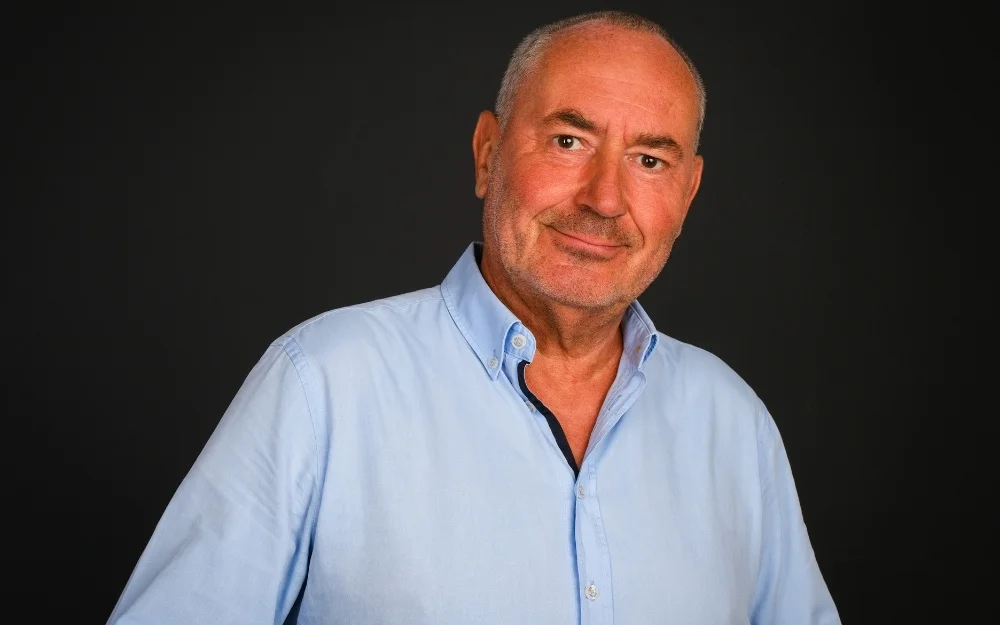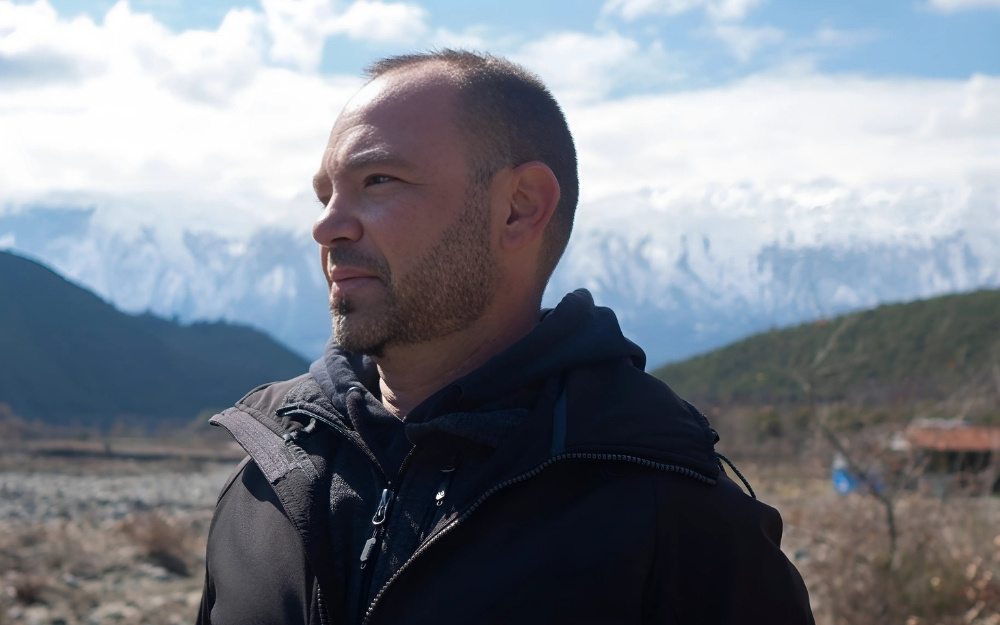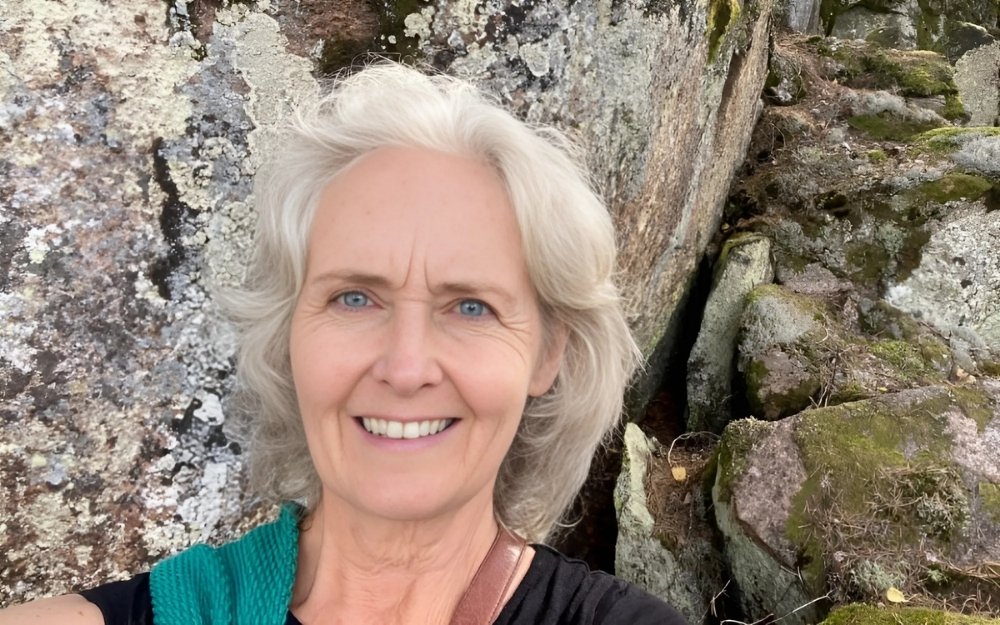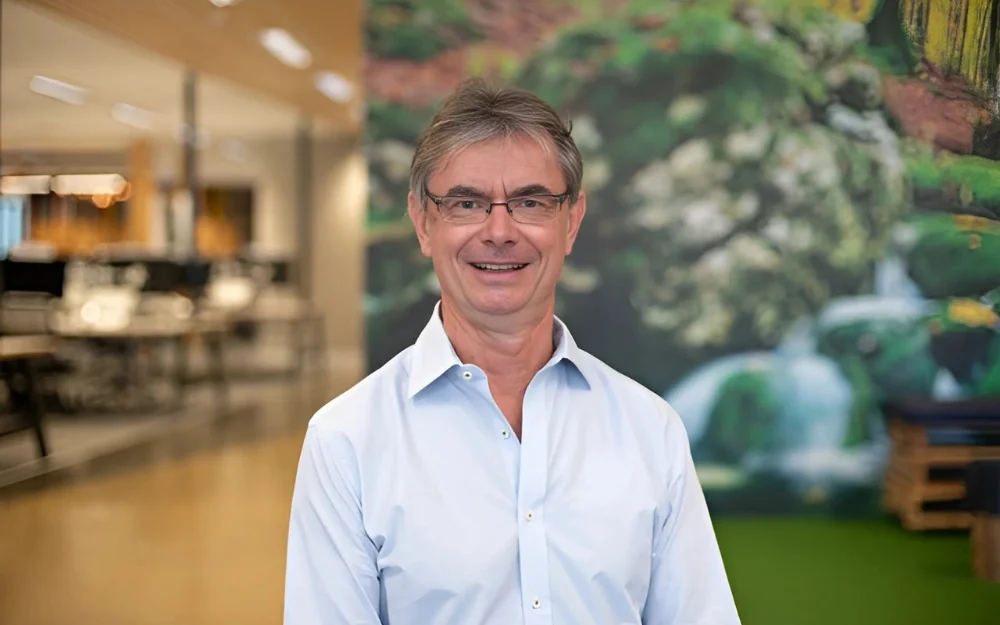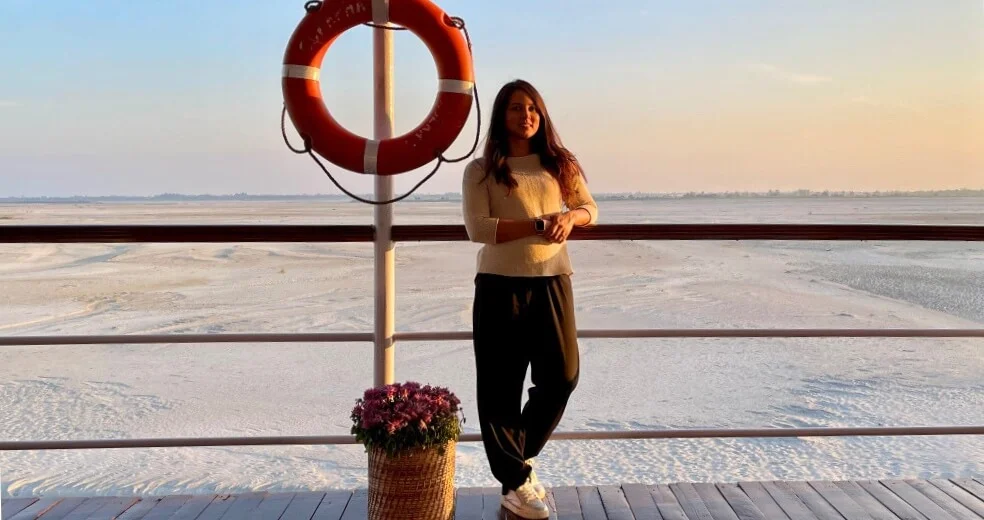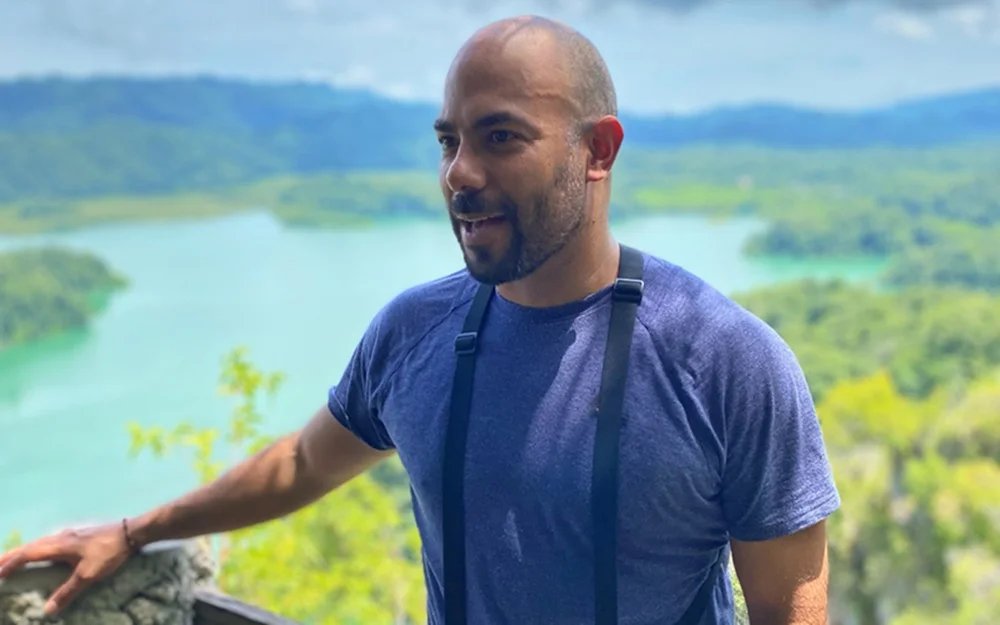
Mary Mulvey, founder of EcoTourism Ireland, in this interview shares her experience gained as ecotourism pioneer and advocate for a more sustainable tourism in Ireland. Learn about the challenges and inspiring examples of responsible travel and tourism businesses.
Mary, your extensive professional career in tourism has led you to positions in Tourism Boards like Fáilte Ireland and the Peatland Conservation Council, national ecotourism projects such as Greenbox, and now, trainer and CEO of Ecotourism Ireland; do you remember what brought you to working in tourism in the first place? When was the first time you heard about sustainability in connection with tourism?
In my first job at the English Tourism Board, I recall in Bath – late 1980s – a case of overtourism, where tour buses were causing so much disturbance in the city that affected residents in their gardens began hosing tourists in their tour buses, which resulted in much debate. The word sustainability wasn’t used back then, if I remember well, rather visitor management.
What were your first thoughts on “ecotourism” when you started your career, and how has your view on it changed over the years?
My first thoughts were ironically formed when I took a holiday in Costa Rica in 2002 (the International Year of Ecotourism). I was never a sun holiday fan and found G Adventures on a National Geographic website. I think that ecotourism is still a misunderstood concept, caught up in misinformation. Too many consultants write about it, and before the GSTC [Global Sustainable Tourism Council] was established, there were too many different standards.
If all tourism businesses and destinations practiced some basic sustainability principles linked to resources, community and environment, we would have a different world.
When founding the Ecotourism Ireland organization, did you anticipate tourism sustainability to become such a hot topic and now mainstream concern?
I knew it would become topical, but, in Ireland it is still not on the radar of key policy makers. Lack of education continues to be the issue. Hopefully, the market will continue to drive change in business practices through growing demand of less intensive tourism.
Which have been the main challenges you had to overcome with Ecotourism Ireland as organization, and the promotion of ecotourism in the country?
The main challenge is getting the key stakeholders to embrace sustainability in tourism.
The organization receives no funding, so our own sustainability and being able to network outside of Ireland has been a challenge. The recession and crash of Irelands Celtic Tiger has made surviving difficult.
Looking back at my 13 years of promoting ecotourism and sustainability in Ireland, the public policy legacy is disappointing. But each year, there is more commitment from destinations, like Inishbofin island (160 people), and new tour operators, which gives me a lot of hope.
Do you agree with the notion that, before focusing on sustainability, tourism businesses have to be financially viable? Or is it now the other way around?
Yes, I think businesses need to be financially viable, but usually because of a focus on sustainability they are. Basic business plans do need to be in place for business success. However, in times of recession, even if everything on the business end is done well, the market might not be able to respond. I am not aware of any new ecotourism business in Ireland which has failed since 2008.
How important is the sustainability performance for the competitiveness of a destination, such as Ireland?
It is becoming more important, as tour operators are now asked more questions, particularly in the MICE travel sector, where businesses look at the sustainability of a conference hotel or event location as part of their own corporate social responsibility commitments.
I see lots of global rankings which measure sustainability performance but with no real credibility, which is pure greenwashing. Another example: on March 17th (St Patrick’s Day) the Irish Tourism Board highlights Ireland by lighting buildings green all over the world. But when press departments are asked about the sustainability of Ireland as destination, they struggle to answer.
Which trends or changes do you observe in the international sustainable tourism community? Where are we headed as community of practice?
I feel that there is less support now in the community, compared to years ago. I see so many events talking about sustainability, but very little action.
The use of the term Responsible Tourism in Ireland by our Tourism Board has been a great opt out of any real measurement, and I think it has led to confusion with many issues. Too many meaningless awards have devalued the truly great achievements on the ground.
The GSTC has at least brought an end to issues of standards, but I am sad to see it being ignored.
In terms of sustainability, tourism is still behind industry sectors such as food and agriculture.
Which destinations would you consider examples worth following, in terms of inspiring approaches to sustainability, innovation and success?
Costa Rica seemed to lead the way for many years, but I hear things have changed in recently. Alpine Pearls has always inspired me in terms of its bottom up approach to sustainable tourism and transport. I think the COAST network Cornwall has always being inspiring.
With “overtourism” now a mainstream concern, what role does destination branding and marketing play as facilitator (or inhibitor…) of a more sustainable tourism?
Responsible Marketing is key in any tourism branding. Ireland may have a few cases from Star Wars campaigns where a UNESCO World Heritage Site is not promoted in a responsible way in terms of both ecological impacts and expectation of access to such a site. Leave no Trace is the official outdoor ethic code in Ireland, and some great research and communication strategies with our visitors are needed to promote and enforce this. We need to communicate better before people come to our sites and communities.
I think that building big, iconic attractions, and what tourism boards promote has caused much of this honeypot-type tourism. Laziness of tour operators to change itineraries has not helped either. In addition, tourism boards have for too long focused their attention on mass operators and press trips, which never promote the small and niche.
Simple pricing adjustments could lead to huge decreases of visitor numbers at many attractions. For example, destinations could charge those visitors more who don’t spend a night in the region. Day tours from hubs like Dublin drive big volume to attractions in Ireland, many of whom now suffer from overtourism.
Finally, looking back at your career so far, which three bits of advice can you share with newcomers to the field of responsible tourism, keen to get engaged?
It can be a lonely place. Don’t be afraid to challenge people and policies. You will need peer support, and networking across sectors is key. Be patient, as changes come even if very slow! Working with sustainability in tourism can be very rewarding. The issues are always changing, and awareness is growing.
Thank you, Mary.
Connect with Mary Mulvey on LinkedIn or via the Ecotourism Ireland website.

